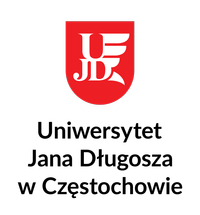Art
Art is a diverse range of human activities in creating visual, auditory or performing artifacts (artworks), expressing the author's imaginative or technical skill, intended to be appreciated for their beauty or emotional power. In their most general form these activities include the production of works of art, the criticism of art, the study of the history of art, and the aesthetic dissemination of art.
Education
Education is the process of facilitating learning, or the acquisition of knowledge, skills, values, beliefs, and habits. Educational methods include storytelling, discussion, teaching, training, and directed research. Education frequently takes place under the guidance of educators, but learners may also educate themselves. Education can take place in formal or informal settings and any experience that has a formative effect on the way one thinks, feels, or acts may be considered educational. The methodology of teaching is called pedagogy.
Art
In the largest sense, every work of art is protest. … A lullaby is a propaganda song and any three-year-old knows it. … A hymn is a controversial song — sing one in the wrong church: you'll find out. ...
Pete Seeger, Pop Chronicles: Show 33 - Revolt of the Fat Angel: American musicians respond to the British invaders. Part 1, interview recorded 2.14.1968.
Art
Art, like morality, consists in drawing the line somewhere.
G. K. Chesterton, as quoted in Arts magazine: Vol. 1 (1926), also in The Golden Book magazine, Vol. 7, (1928) by Henry Wysham Lanier, p. 323.


